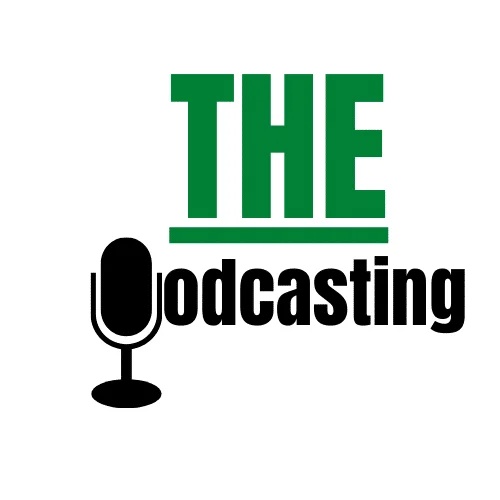Libsyn is a popular podcast hosting and distribution service that has been helping podcasters share their content with the world since 2004. With its reliable hosting, detailed analytics, and wide distribution network, Libsyn is a go-to choice for many podcasters looking to grow their audience and monetize their content. Whether you’re just starting out with your podcast or are an established show looking for a new hosting platform, this article will provide an in-depth look at what Libsyn has to offer, including its pros and cons. So, if you’re considering using Libsyn for your podcast, read on to learn all about this trusted and well-regarded podcast hosting platform.
Libsyn: A Premier Podcast Hosting and Distribution Review
What is Libsyn?
Libsyn (Liberated Syndication) is a podcast hosting and distribution service that was founded in 2004. It is one of the oldest and most established podcast hosting companies and is used by thousands of podcasters worldwide to host and distribute their audio and video content.


